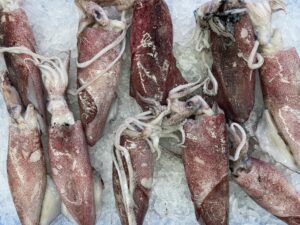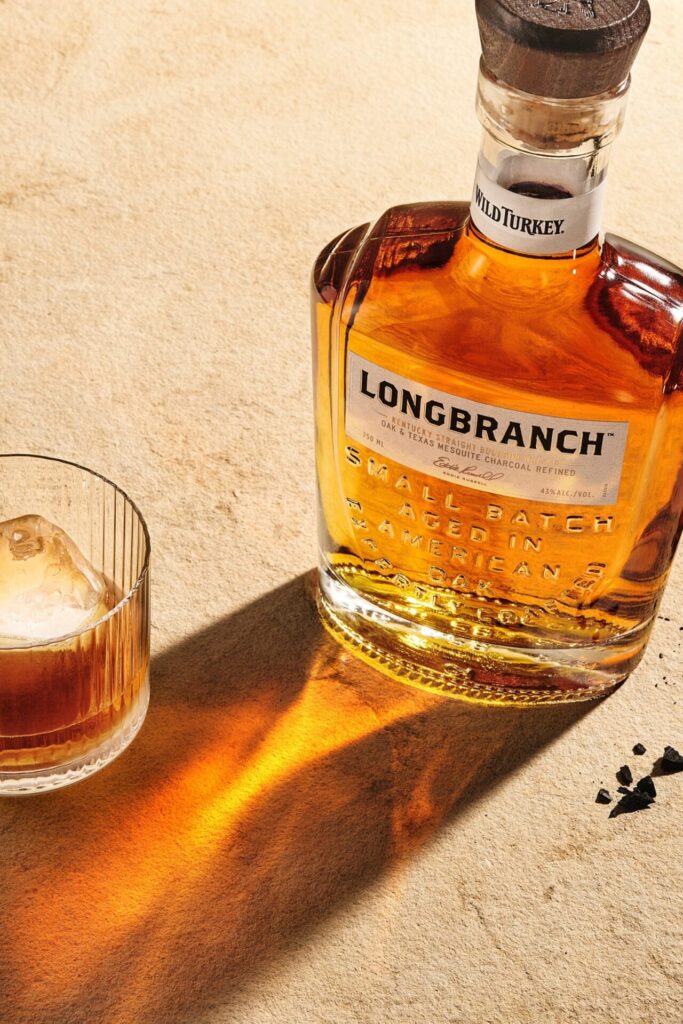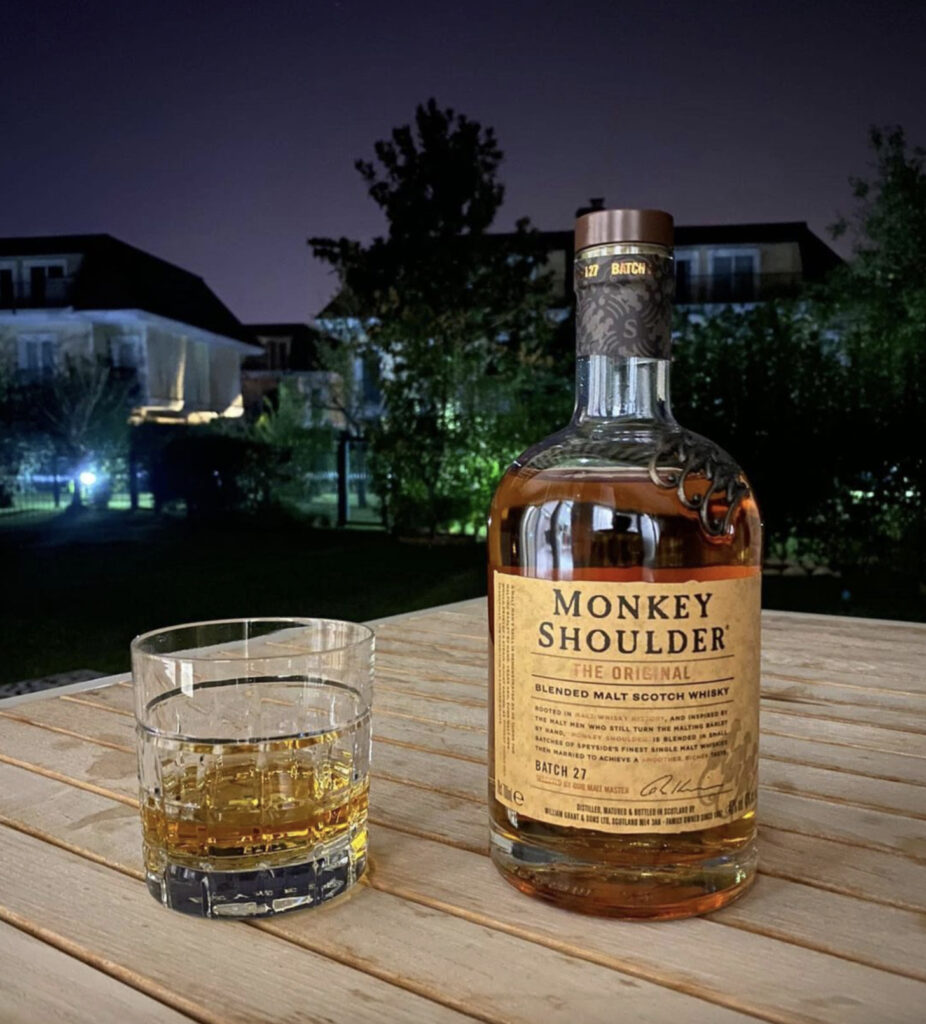
When you make purchases through our links we may earn a small commission.

Photo Credit: Longbranch Bourbon
Put It On Your Wall: CanvasOnDemand.com
Whisky, often referred to as the “water of life,” has a rich and storied history that spans centuries and continents. It’s a drink that has been enjoyed by connoisseurs and novices alike, with a complexity and depth that makes it an intriguing subject for exploration. Whisky tasting is not just about enjoying a beverage; it’s about savoring the nuances, aromas, and flavors that are intricately woven into each glass. If you’re new to the world of whisky and eager to embark on a journey of discovery, this beginner’s guide will introduce you to the art of whisky tasting.
The Basics: Types of Whisky
Before we dive into the art of tasting, it’s essential to understand the different types of whisky. Whisky comes in various forms, with Scotch, Bourbon, and Rye being some of the most well-known. Each type of whisky is distinct in terms of flavor and production method:
Scotch Whisky: Hailing from Scotland, Scotch whisky is known for its diverse range of flavors, from the peaty and smoky notes of Islay to the honeyed and floral characteristics of Speyside. Scotch is typically distilled twice and aged in oak barrels for a minimum of three years.
Bourbon: A product of the United States, bourbon is characterized by its sweetness and strong corn flavor. It must be made from at least 51% corn and aged in new charred oak barrels. The state of Kentucky is particularly famous for producing high-quality bourbon.
Rye Whisky: Rye whisky, often associated with Canada and the United States, is known for its spicier and more robust profile compared to bourbon. It’s made primarily from rye grains and must be aged in new oak barrels.
Irish Whiskey: Irish whiskey is usually triple-distilled, which results in a smoother and lighter taste. It often features notes of vanilla, toffee, and fruit.
Japanese Whisky: Japanese whisky has gained global recognition for its meticulous craftsmanship and balance. It draws inspiration from Scotch whisky but often has a unique twist of its own.
The Whisky Tasting Process
Now that you have a grasp of the different types of whisky, let’s explore the art of whisky tasting:
1. Choose the Right Glassware
Selecting the right glass for your whisky is crucial. A tulip-shaped glass or a Glencairn glass is often recommended as it concentrates the aromas and allows you to fully appreciate the whisky’s bouquet. Avoid wide-brimmed glasses or plastic cups, as they can’t capture the aromas as effectively.
2. Examine the Whisky
Hold the glass up to the light and observe the color of the whisky. The hue can provide clues about its age and the type of casks used for aging. Younger whiskies tend to be lighter in color, while older ones are often deeper and more amber.
3. Nose the Whisky
Bring your nose to the glass and take a moment to inhale the aromas. Swirl the whisky gently to release more scents. Try to identify the various aromas, which can range from fruity and floral to spicy, smoky, or oaky notes.
4. Taste the Whisky
Take a small sip of the whisky and let it coat your palate. Pay attention to the initial taste, the development of flavors, and the finish. Whisky tasting is a multisensory experience, so consider the texture, flavor intensity, and any lingering aftertastes.
5. Add Water
Adding a few drops of water to your whisky can open up new flavors and aromas. Experiment with the quantity of water to find the balance that enhances your tasting experience.
6. Evaluate and Savor
As you taste, reflect on the whisky’s complexity. Think about the different layers of flavors and how they evolve on your palate. Savor each sip and enjoy the journey of discovery.
Whisky Tasting Tips
Here are some additional tips for beginners to enhance their whisky tasting experience:
Start with Entry-Level Whiskies: If you’re new to whisky, begin with milder and less complex options before exploring more intense and peaty ones.
Take Notes: Keeping a whisky journal can be a valuable tool for tracking your preferences and noting your observations about different whiskies.
Experiment: Don’t be afraid to experiment with whisky and food pairings. Certain foods can complement the flavors of whisky, enhancing the overall experience.
Learn from Others: Attend whisky tastings, join whisky clubs, or engage with online whisky communities to learn from experienced enthusiasts and experts.
Respect the Process: Whisky tasting is a personal and enjoyable journey. There are no right or wrong answers, so trust your palate and explore what pleases your senses.
In conclusion, the art of whisky tasting is a delightful and rewarding pursuit that allows you to explore a world of flavors, history, and culture. Whether you prefer Scotch, Bourbon, Rye, or any other type of whisky, take your time to savor and appreciate the intricate details of each glass. As you embark on this journey, you’ll not only discover the nuances of whisky but also develop a deep appreciation for the craftsmanship and tradition that goes into every bottle. Cheers to your whisky tasting adventure!
You’ll get more articles like this – and our favorite promotional offers delivered straight to your inbox.
By submitting this form you agree to our terms and conditions. You can unsubscribe at any time.


Video: Mira Shape Knitted TRANSPARENT Try-On. YES or NO?

🔥 Transparent Sheer Tops Try-On Haul | Camila Elle 🔥


🔥 Transparent Sheer Tops Try-On Haul | Camila Elle 🔥

The Science Behind The Slow Drinker

Video: Mira Shape Knitted TRANSPARENT Try-On. YES or NO?

30 Most Popular Mediterranean Dishes


15 Best Mediterranean Calamari Dishes

🔥 Transparent Sheer Tops Try-On Haul | Camila Elle 🔥

















